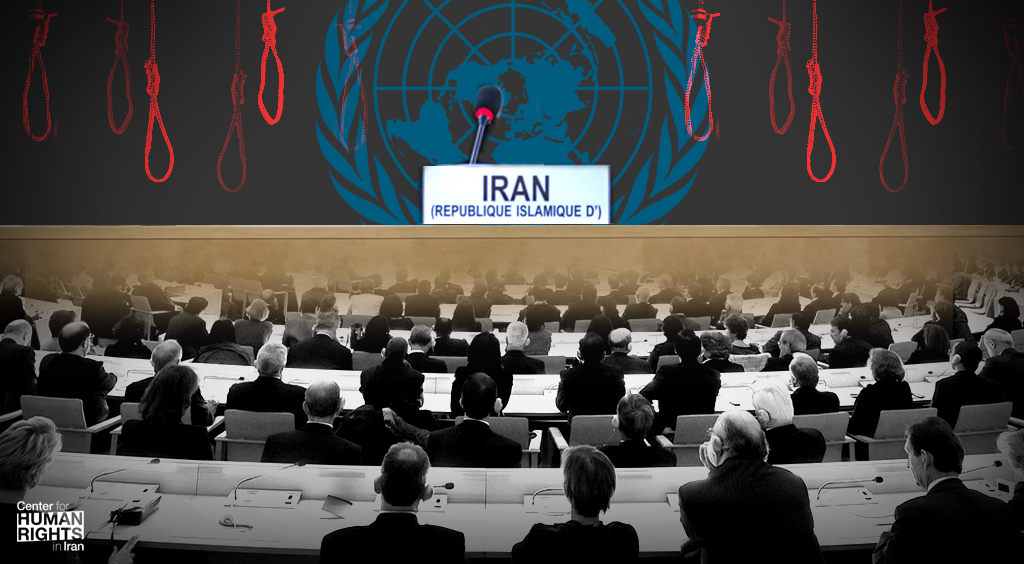Atrocity Alert No. 447: UN Human Rights Council, Democratic Republic of the Congo and Afghanistan – Global Centre for the Responsibility to Protect

Outcomes of the 59th Session of the UN Human Rights Council
On 9 July, the UN Human Rights Council (HRC) concluded its 59th session, spanning nearly four weeks. During this period, UN member states received updates from independent experts and engaged in discussions addressing ongoing atrocity crises worldwide. The HRC conducted Interactive Dialogues on multiple country situations, including:
Human Rights Updates and Challenges
The Council received alarming updates on the Occupied Palestinian Territory. The Commission of Inquiry (CoI) reported ongoing severe attacks against the Palestinian people, highlighting the destruction of life in Gaza. Additionally, a report by UN Special Rapporteur Francesca Albanese documented how corporate and private sector actors have profited from Israel’s occupation, apartheid policies, and violations including war crimes and crimes against humanity.
On 26 June, the Office of the UN High Commissioner for Human Rights (OHCHR) published a report on Venezuela, expressing concerns over limited in-country presence. Subsequently, Venezuela’s National Assembly declared the UN High Commissioner persona non grata, raising questions about OHCHR’s future role in the country.
Fact-Finding Mission on the Democratic Republic of the Congo
The HRC held an Enhanced Interactive Dialogue on the first oral update from the newly established Fact-Finding Mission (FFM) in the Democratic Republic of the Congo (DRC). The UN High Commissioner for Human Rights Volker Türk described the violations documented as horrendous, including:
- Sexual violence used as reprisal against communities and ethnic groups
- Summary and extrajudicial executions
- Enforced disappearances and torture
- Other likely war crimes
Due to the UN’s worsening political and financial crisis, the establishment of a Commission of Inquiry (CoI) as envisioned by the resolution cannot be operationalized before 2026, impacting the UN human rights system’s capacity to fulfill its mandates.
Financial Crisis and Its Impact on Human Rights Oversight
The UN’s financial crisis has led to attempts by some states, such as Eritrea, to weaken oversight mechanisms by blocking mandates, exemplified by the failed resolution to prevent the renewal of the UN Special Rapporteur on Eritrea’s mandate. This trend threatens the effectiveness of the UN human rights system. Experts emphasize the urgent need for member states to take concrete actions to strengthen these mechanisms.
Reform Efforts and the Responsibility to Protect (R2P)
During the session, Sierra Leone, on behalf of the Group of Friends of R2P, emphasized the centrality of the Responsibility to Protect in the ongoing UN80 reform process. The statement called for enhanced early warning systems, risk analysis, and preventive actions across the UN to prevent atrocities at all conflict stages.
Upholding the Responsibility to Protect requires political will and sustained support for UN mandates and mechanisms to ensure accountability for victims and prevent future atrocities, aligning with several Sustainable Development Goals (SDGs), including SDG 16 (Peace, Justice and Strong Institutions) and SDG 5 (Gender Equality).
Accountability Crucial as DRC and Rwanda Sign Fragile Peace Agreement
On 27 June, the Democratic Republic of the Congo (DRC) and Rwanda signed a US-brokered peace agreement committing to cease hostilities, respect territorial integrity, and end support for non-state armed groups. While this agreement presents a diplomatic opportunity in a region affected by prolonged conflict and atrocities, it lacks essential commitments to justice, accountability, and redress, which are critical to breaking cycles of violence and impunity.
Challenges in Implementation
- The Rwandan-backed March 23 Movement (M23), responsible for widespread abuses, is excluded from the agreement.
- Separate negotiations mediated by Qatar between M23 and DRC are anticipated but uncertain.
- Ongoing conflict since early 2025 has seen increased human rights violations and likely war crimes by M23 and Congolese militias.
UN High Commissioner Volker Türk highlighted the disregard for civilian protection during military operations, underscoring the urgent need for accountability.
Conflict-Economy and Resource Exploitation
The root causes of the crisis include illicit extraction and competition over mineral resources such as tantalum, gold, lithium, and cobalt. A proposed US-brokered minerals deal raises concerns about perpetuating exploitative dynamics and benefiting select interests disproportionately. Nobel Laureate Denis Mukwege criticized the deal as rewarding aggression and legitimizing resource plundering.
Recommendations for Sustainable Peace
- Ensure peace efforts address root causes including impunity, ethnic grievances, and resource exploitation.
- Support accountability mechanisms like the Fact-Finding Mission and other initiatives.
- Include binding due diligence, human rights protections, and equitable benefit-sharing in mineral agreements.
- Center the rights and needs of victims and affected communities to achieve durable peace.
These measures align with SDG 16 (Peace, Justice and Strong Institutions), SDG 10 (Reduced Inequalities), and SDG 12 (Responsible Consumption and Production).
Mass Forced Returns Worsen Afghanistan’s Crisis Amid Taliban Repression
Afghanistan faces a surge in forced returns from neighboring countries, intensifying humanitarian and human rights crises under Taliban rule. Since January, over 714,000 Afghan returnees have been recorded from Iran, with Pakistan continuing mass expulsions under its Illegal Foreigners’ Repatriation Plan.
Humanitarian and Protection Challenges
- Returnees overwhelm local infrastructure and face increased protection risks.
- Women and girls suffer systematic gender-based discrimination and repression.
- The International Criminal Court (ICC) issued arrest warrants against Taliban leaders for crimes against humanity related to gender persecution.
The Taliban’s policies violate international obligations under the Convention on the Elimination of All Forms of Discrimination Against Women, banning women and girls from education, employment, and public life, and enforcing brutal punishments.
International Response and Recommendations
- The UN General Assembly adopted a resolution urging the Taliban to reverse repressive policies and ensure inclusive governance.
- UN Assistance Mission in Afghanistan (UNAMA) promotes Afghan-led dialogue but faces stalled progress due to Taliban’s ideology.
- States should immediately halt involuntary returns in line with the principle of non-refoulement.
- Multilateral actors should engage broadly with Afghan society, especially women human rights defenders.
- The international community should advance recognition of gender apartheid as a crime under international law.
These actions support SDG 5 (Gender Equality), SDG 16 (Peace, Justice and Strong Institutions), and SDG 10 (Reduced Inequalities), aiming to protect vulnerable populations and promote inclusive governance.
1. Sustainable Development Goals (SDGs) Addressed or Connected to the Issues Highlighted in the Article
- SDG 16: Peace, Justice and Strong Institutions
- Focus on promoting peaceful and inclusive societies, access to justice for all, and building effective, accountable institutions.
- Article discusses atrocity crises, human rights violations, war crimes, accountability, and peace agreements.
- SDG 5: Gender Equality
- Emphasis on ending discrimination and violence against women and girls.
- Article highlights Taliban repression, gender-based discrimination, and crimes against women and girls in Afghanistan.
- SDG 10: Reduced Inequalities
- Focus on reducing inequalities within and among countries.
- Article addresses ethnic grievances, exclusion from peace agreements, and marginalization of vulnerable groups.
- SDG 3: Good Health and Well-being
- Includes ensuring healthy lives and promoting well-being for all ages.
- Article mentions humanitarian crises, protection risks, and impacts on civilian populations.
- SDG 8: Decent Work and Economic Growth
- Includes promoting sustained, inclusive economic growth and decent work for all.
- Article discusses illicit resource exploitation and economic interests fueling conflict.
2. Specific Targets Under Those SDGs Identified Based on the Article’s Content
- SDG 16 Targets
- 16.1: Significantly reduce all forms of violence and related death rates everywhere.
- 16.3: Promote the rule of law at the national and international levels and ensure equal access to justice for all.
- 16.6: Develop effective, accountable and transparent institutions at all levels.
- 16.7: Ensure responsive, inclusive, participatory and representative decision-making at all levels.
- 16.10: Ensure public access to information and protect fundamental freedoms.
- SDG 5 Targets
- 5.1: End all forms of discrimination against all women and girls everywhere.
- 5.2: Eliminate all forms of violence against women and girls in public and private spheres.
- 5.5: Ensure women’s full and effective participation and equal opportunities for leadership at all levels.
- SDG 10 Targets
- 10.2: Empower and promote the social, economic and political inclusion of all, irrespective of age, sex, disability, race, ethnicity, origin, religion or economic or other status.
- SDG 3 Targets
- 3.8: Achieve universal health coverage, including financial risk protection and access to quality essential health-care services.
- SDG 8 Targets
- 8.7: Take immediate and effective measures to eradicate forced labor, end modern slavery and human trafficking.
- 8.8: Protect labor rights and promote safe and secure working environments for all workers.
3. Indicators Mentioned or Implied in the Article to Measure Progress Towards the Identified Targets
- Indicators Related to SDG 16
- 16.1.1: Number of victims of intentional homicide per 100,000 population, by sex and age.
- 16.3.2: Unsentenced detainees as a proportion of overall prison population.
- 16.6.2: Proportion of population satisfied with their last experience of public services.
- 16.7.2: Proportion of population who believe decision-making is inclusive and responsive.
- 16.10.1: Number of verified cases of killing, kidnapping, enforced disappearance, arbitrary detention and torture of journalists, associated media personnel, trade unionists and human rights advocates.
- Indicators Related to SDG 5
- 5.2.1: Proportion of ever-partnered women and girls aged 15 years and older subjected to physical, sexual or psychological violence by a current or former intimate partner in the previous 12 months.
- 5.5.2: Proportion of women in managerial positions.
- Indicators Related to SDG 10
- 10.2.1: Proportion of people living below 50 per cent of median income, by age, sex and persons with disabilities.
- Indicators Related to SDG 3
- 3.8.1: Coverage of essential health services.
- Indicators Related to SDG 8
- 8.7.1: Proportion and number of children aged 5–17 years engaged in child labor, by sex and age.
- 8.8.1: Frequency rates of fatal and non-fatal occupational injuries, by sex and migrant status.
4. Table of SDGs, Targets and Indicators
| SDGs | Targets | Indicators |
|---|---|---|
| SDG 16: Peace, Justice and Strong Institutions |
|
|
| SDG 5: Gender Equality |
|
|
| SDG 10: Reduced Inequalities |
|
|
| SDG 3: Good Health and Well-being |
|
|
| SDG 8: Decent Work and Economic Growth |
|
|
Source: globalr2p.org

What is Your Reaction?
 Like
0
Like
0
 Dislike
0
Dislike
0
 Love
0
Love
0
 Funny
0
Funny
0
 Angry
0
Angry
0
 Sad
0
Sad
0
 Wow
0
Wow
0


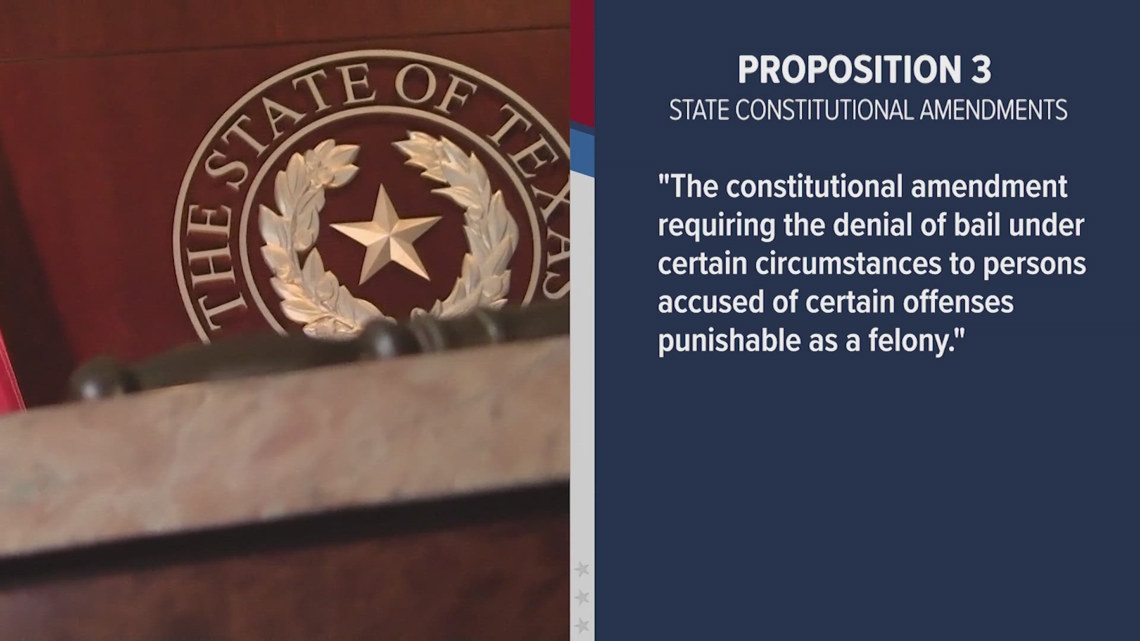














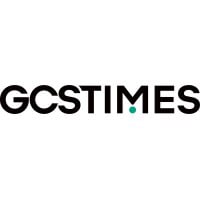












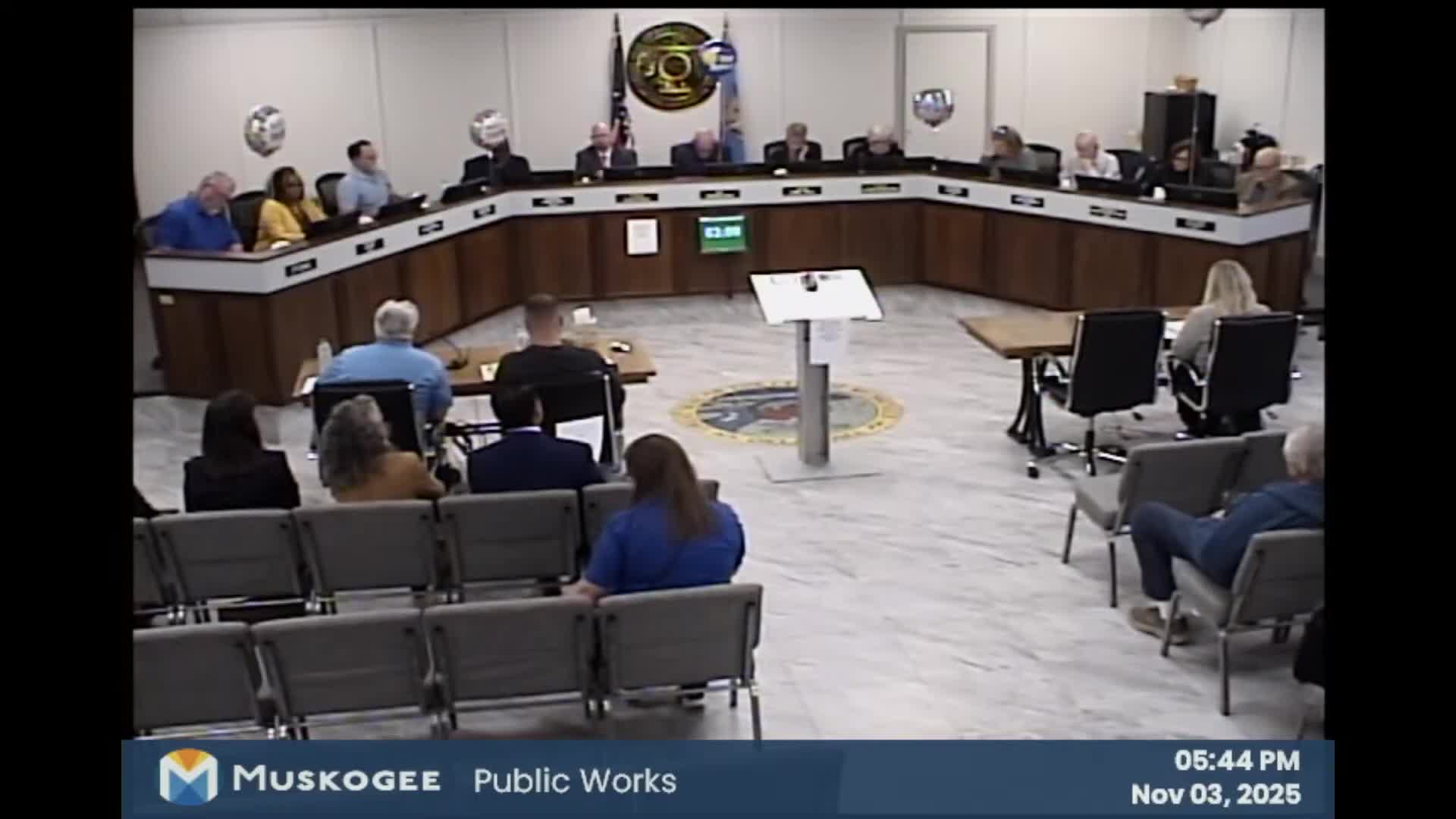
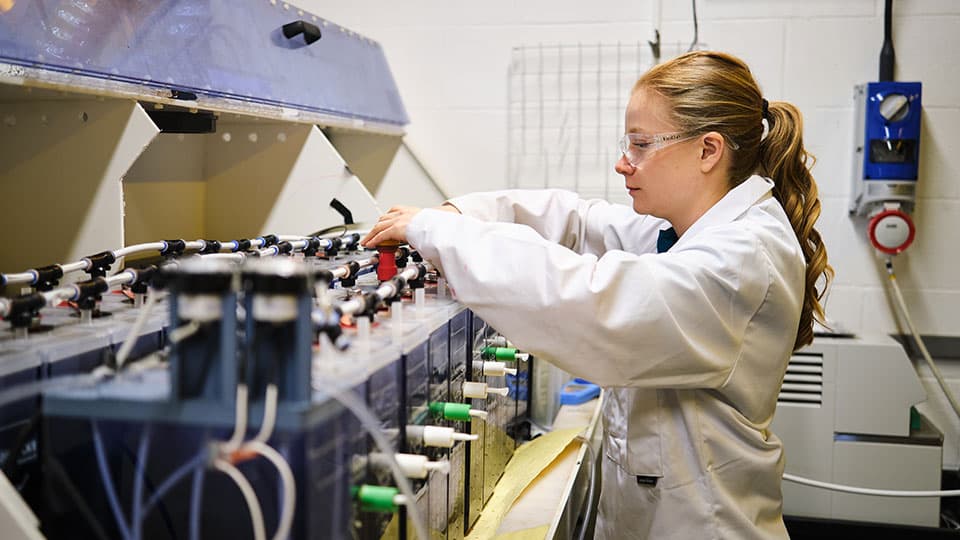
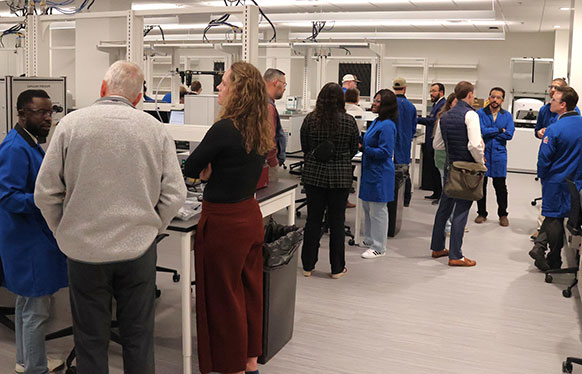
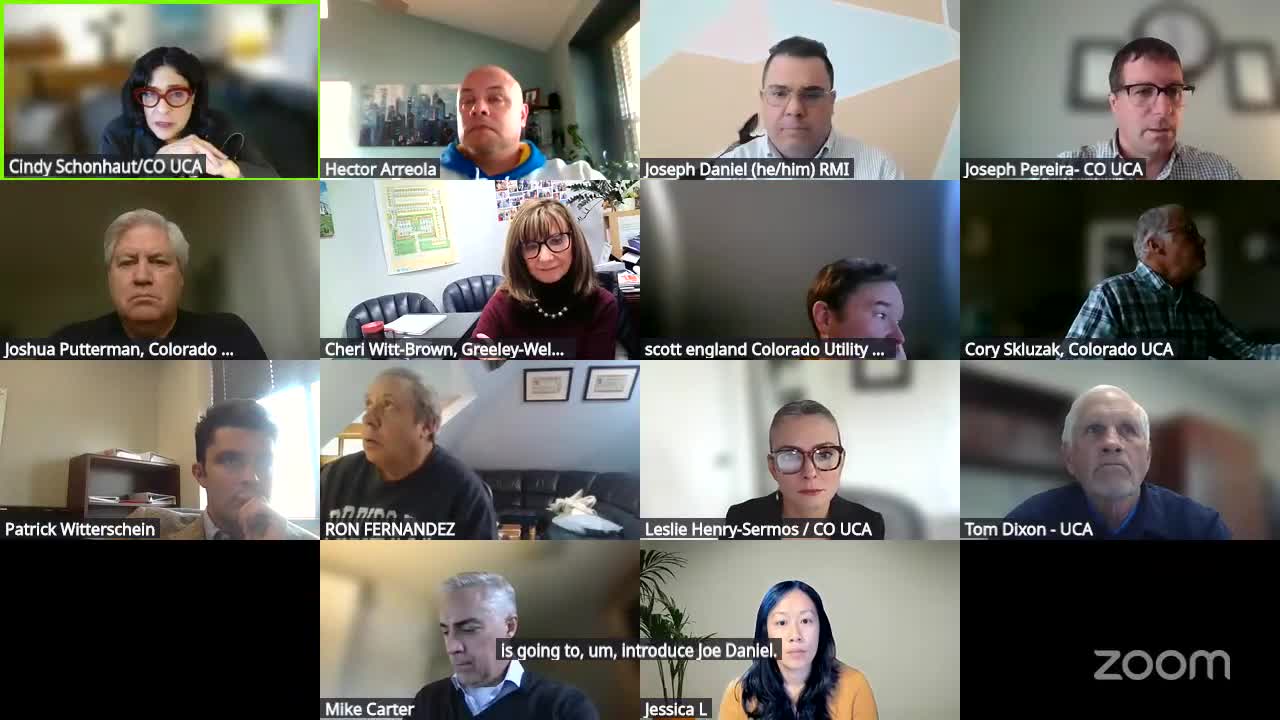
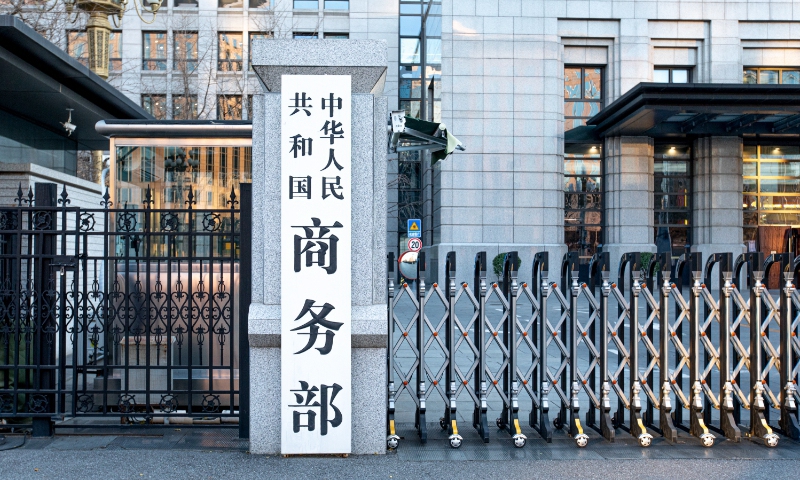








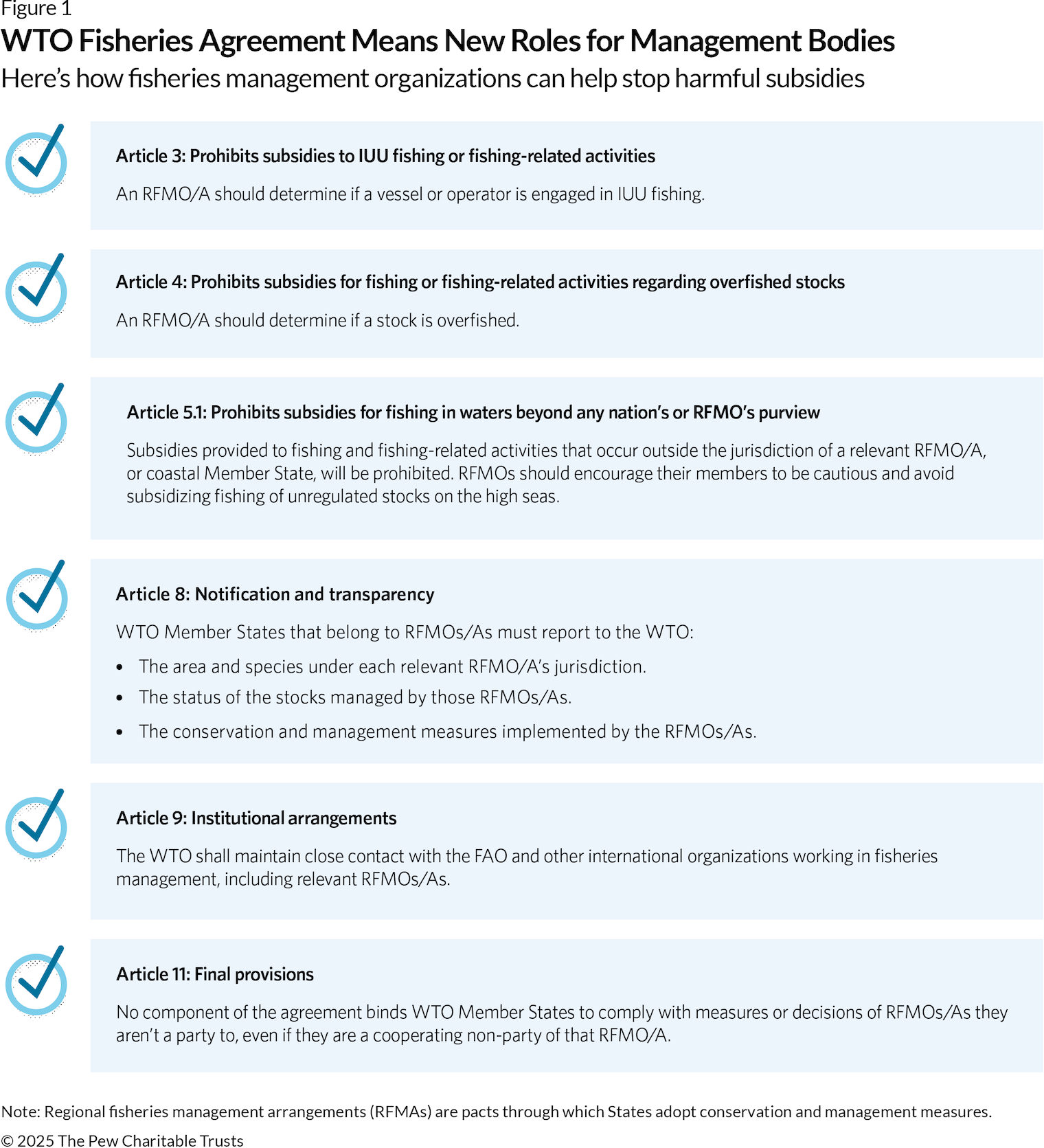










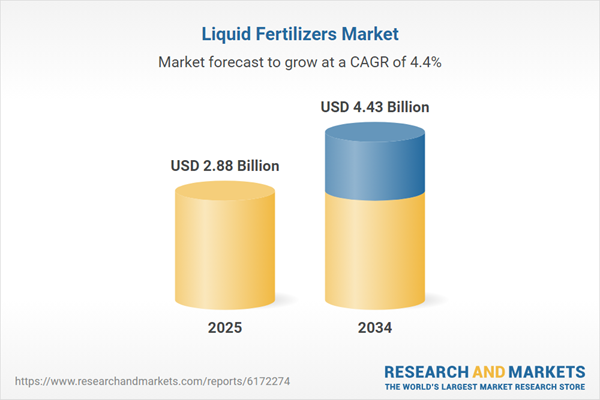





.jpg?h=50da7ea4&itok=DTgFLdpn#)





